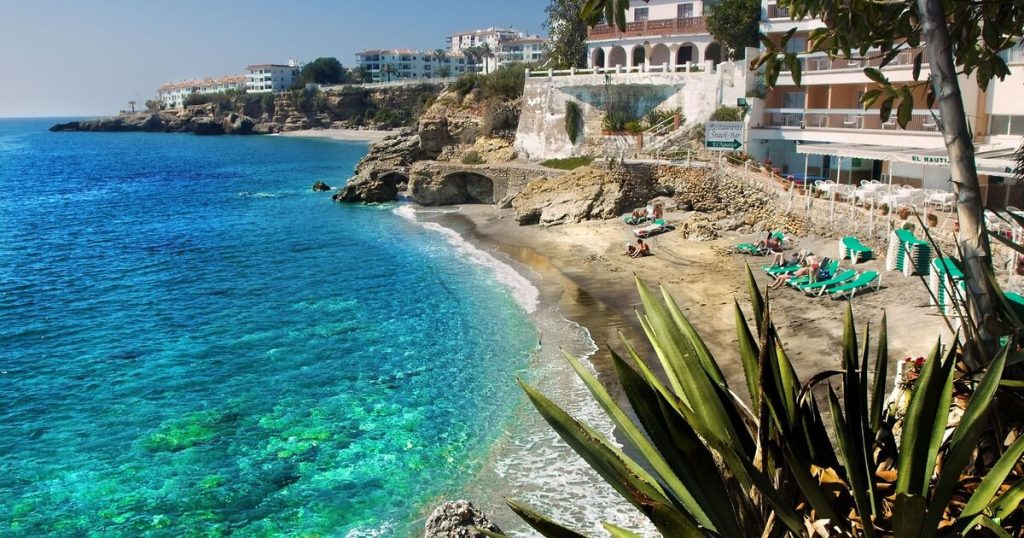With schools closed for the summer, many families are heading off on holiday to Spain. But there are plenty of things you need to be aware of, including the rules around alcohol and the fierce opposition to tourism.
While most tourists only go for a week or two, holiday destinations also have their own problems. For example, the Canary Islands were recently the scene of protests, with tens of thousands of demonstrators taking to the streets of Tenerife to demand a temporary limit on the number of tourists visiting the Spanish island.
The Foreign and Commonwealth Office (FCO) advisess contains a lot of important information for people travelling to Greece, Spain and Turkey to help keep them and their families safe.
Terrorism
According to the Ministry of Foreign Affairs, terrorist attacks are likely to occur in Spain. These attacks could be aimless, including in places frequented by foreign nationals. Stay aware of your surroundings, keep up to date with local media reports and follow the advice of local authorities.
Protect your assets
Beware of street crime. Thieves use diversionary techniques and often work in teams. Take care of your passport, money and personal belongings, especially when collecting or checking in your luggage at the airport or when renting a car. Do not carry all your valuables in one place. Keep a copy of your passport photo page in a safe place.
Make sure your home has quality security. Keep all doors and windows locked.
Sexual attacks and assaults
Violent assaults, particularly sexual assaults, are less frequent but do occur. In case of emergency, call 112. Avoid separating from your friends, do not leave your drinks unattended and do not leave with people you do not know. Save the location of your accommodation on your mapping application so that you can find it easily.
Scams
Robbers disguised as police officers may ask to see your wallet, claiming that they need to see it to identify you. Real police officers will ask to see your ID, but not your wallet or purse. All police officers, including those in plain clothes, carry government-issued identification.
Alcohol Bans and Laws
In Spain, drinking alcohol on the streets and sexual activity in public places are subject to strict rules. Municipalities have restricted the sale and access to alcohol in certain areas of Balearic resorts, including Magaluf, Playa de Palma and San Antonio. The measure prohibits happy hours, the sale of alcohol in vending machines, organised party boats and pub crawls, as well as the sale of alcoholic beverages between 9:30pm and 8am. Hotels can evict and fine residents who behave irresponsibly on balconies.
Drug use
Possession of a small amount of drugs can result in arrest and detention. Possession of larger amounts usually results in prosecution and jail time.
Clothing restrictions
In some areas of Spain, it is illegal to walk around in a swimsuit on the street. It is also illegal to walk around topless in some areas of the country. You risk a fine if you are caught wearing a swimsuit on the seafront promenade or in the adjacent streets.
For security reasons, some Spanish public administrations do not allow the wearing of the burqa or niqab in their buildings. If you visit municipal buildings wearing the burqa or niqab, you will be asked to remove them.
Swimming and beaches
Always supervise children, even if they can swim and a lifeguard is on duty. Be careful when swimming in the sea, hidden rocks or shallow waters can cause fatal injuries. Make sure you understand the flag systems and, if in doubt, seek advice from lifeguards or local citizens.
Road trips
You can use a British driving licence in Spain. To drive a car or motorbike you must be over 18 and hold a valid driving licence. Always carry your insurance certificate and make sure it covers driving in Spain.
Taxis
Only use official taxis or licensed transport companies. Licensing regulations differ across Spain and in some cities, advance booking is required. Passengers caught using unlicensed taxi services are subject to fines of up to €600. Make sure you book your taxi or airport transfer with a licensed company.
Extreme temperatures
Extreme temperatures have recently affected many areas. Follow the Spanish Meteorological Office (AEMET) and European weather services for severe weather warnings. National Health Service contains information on how to cope with extreme heat. You can also follow the advice of the Spanish Ministry of Health.


